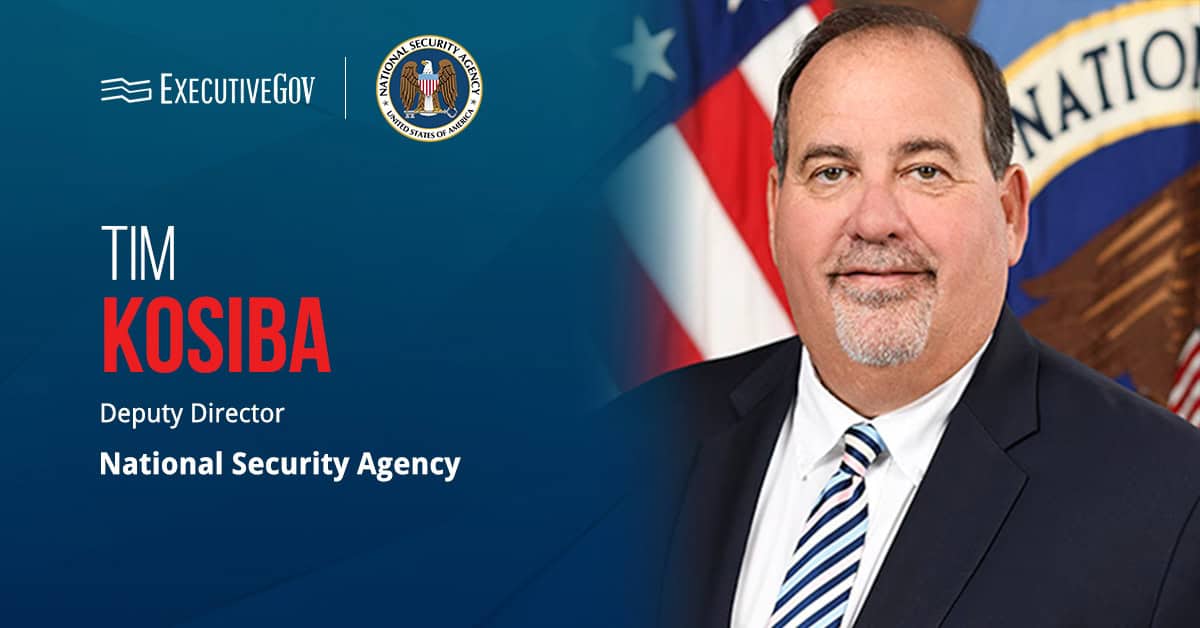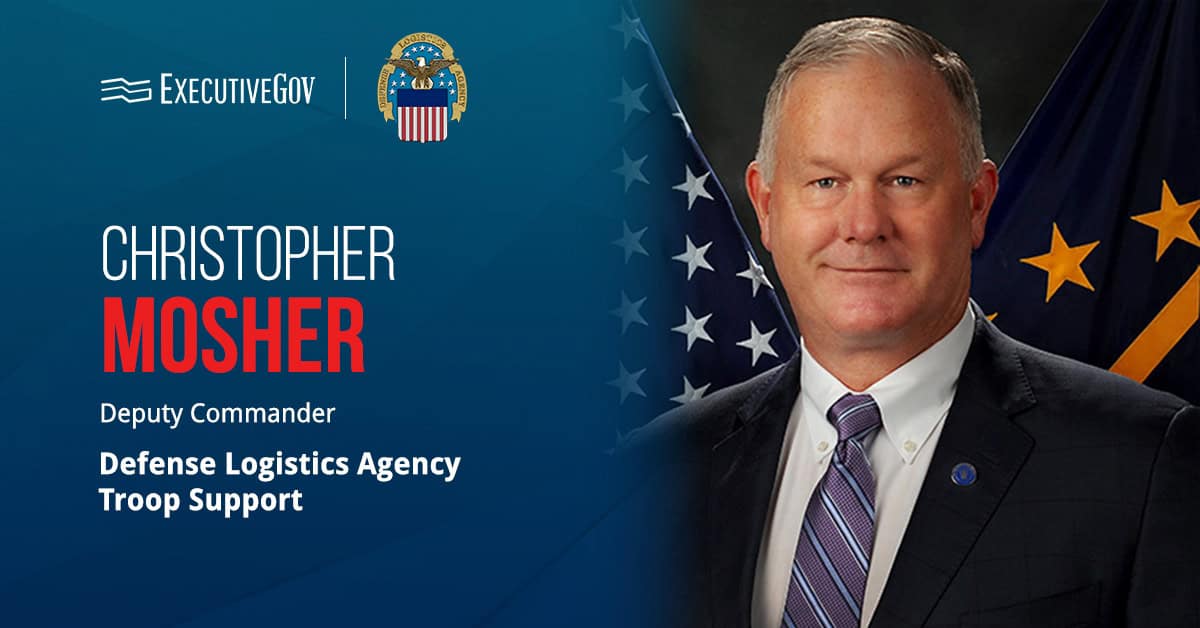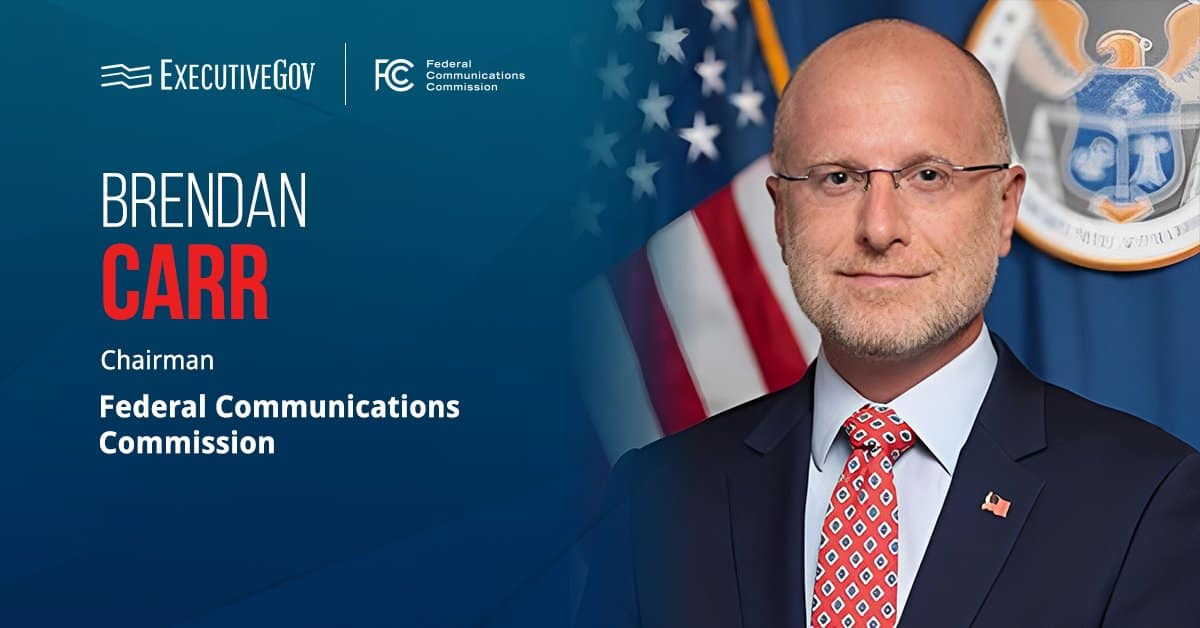
A chemist from the Department of Homeland Security’s Transportation Security Laboratory has created an approach to detect contraband from luggage and clothing. Jim Deline, a scientist from TSL, has built a device that can gather traces of contamination through the use of a special swab, DHS said Thursday.
Additionally, screening officers can analyze and validate the presence of contraband by inserting the swab into an explosive trace detector. According to Deline, the approach will mitigate the need to obtain samples to confirm the substances as it converts chemicals to gas form.
“This rapid vaporization would prevent its interaction with the substrates, so the explosive could be deposited directly onto the substrates, obviating the dry transfer step,†added Deline.





